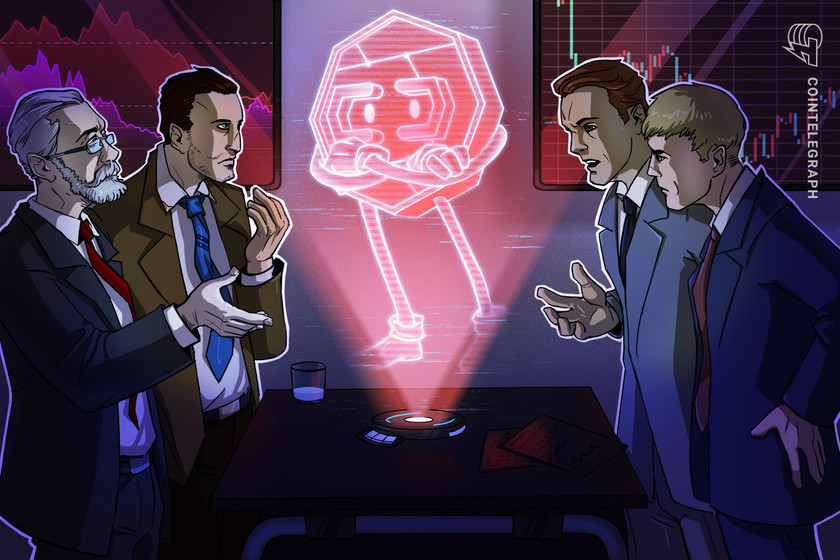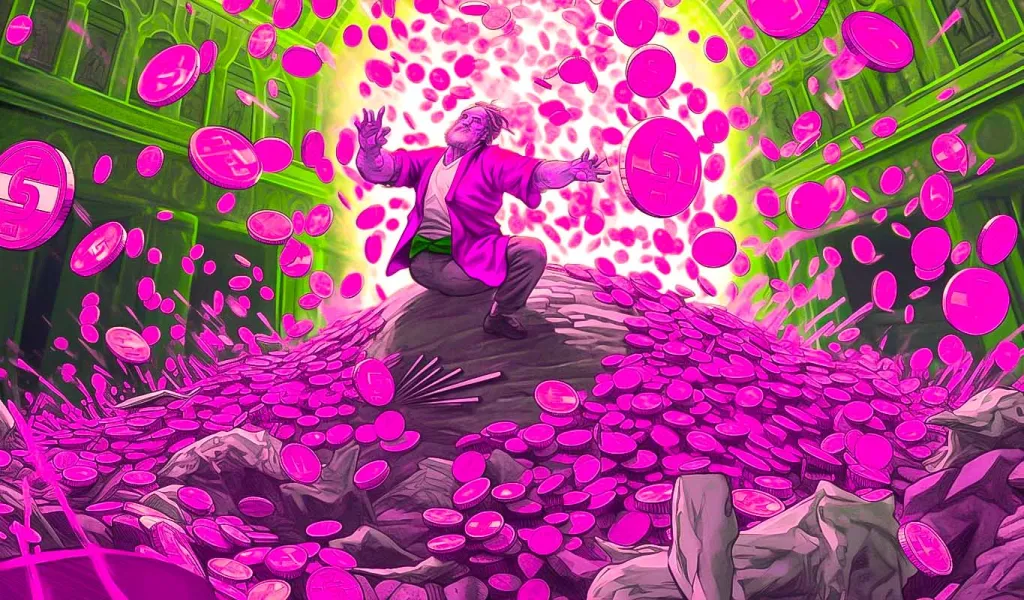
Tether CTO: Terra wasn’t a rug pull, it was a poorly designed ‘castle of cards’

“It was clear to me, it was clear to many that I know that it was a bad idea,” said Tether and Bitfinex CTO Paolo Ardoino.
Tether and Bitfinex CTO Paolo Ardoino said that the Terra (LUNA) project was not intended to be a rug pull, but was simply “poorly designed.”
Speaking on the Terra ecosystem’s market-shattering crash, Ardoino likened its algorithmic stablecoin TerraUSD (UST) to a “castle of cards” that was due to fall at any time.
Many in the crypto community have highlighted a long list of dubious comments/actions from beleaguered Terraform Labs founder Do Kwon that raise questions about his actions. It has also been reported that Kwon also worked on a previously failed algo-stablecoin project dubbed “Basis Cash.”
Ardoino made the comments during an appearance on the Reimagine Unplugged podcast this week, from Reimagine, a media company that focuses on Web3 content and events. The CTO stated that a big problem was with Kwon’s misguided sense of self belief:
“I don’t know Do Kwon. But let’s give him the benefit of the doubt. He created this project with arrogance and with thinking that he was right and many were supporting him, of course, probably for economic reasons, but was not per se, a rug pull right, it was a project that was poorly designed as many projects are poorly designed.”
“That there was like a castle of cards and it could fall down, but of course he couldn’t say it, because otherwise it would have fallen down much faster And again, it was clear to me, it was clear to many that I know that it was a bad idea,” he added.
CTO @Tether_to, @paoloardoino on $UST:
“It’s all fun and games until you are a 10 billion stablecoin. And then it becomes much harder the faster you grow, the more you grow, right, because if you are a stablecoin, especially an algorithmic stablecoin..” https://t.co/UNuvNhZoP9
— REIMAGINE – Web3 Events and Media (@REIMAGINE_2021) May 18, 2022
The CTO went on to state the UST had become too big to maintain its peg, as its collateralization (primarily in Bitcoin at the time as it attempted to build its reserves) was not large enough to support the stablecoin but was still “big enough to crash the market even further.”
“They were basically in a cascade situation where they had to defend the peg so they have to sell the collateral and selling the collateral was causing additional crashes and these additional crashes were pushing them to sell more or collateral and so on and so forth,” he said.
Questioned on what the regulatory landscape for stablecoins could look like moving forward, Ardoino suggested that policymakers first need to clearly define the difference between stablecoins fully backed by assets as opposed to those primarily backed by algorithms:
“I believe that the first thing that needs to happen is proper categorization of stablecoins so right now, Terra UST is an algorithm stablecoin, while Tether is a centralized stablecoin. So two different beasts with two different assurances, two different backings and so on.”
Related: Was Terra’s UST cataclysm the canary in the algorithmic stablecoin coal mine?
Cointelegraph reported earlier today that Tether posted a 17% decrease in commercial paper holdings backing its USDT stablecoin reserves in Q1. The firm also emphasized that its stablecoin was “fully backed” with $82 billion in reserve as part of its legally required reporting as a result of the $18.5 million settlement with the Office of the New York Attorney General from January 2021.
Go to Source
Author: Brian Quarmby









